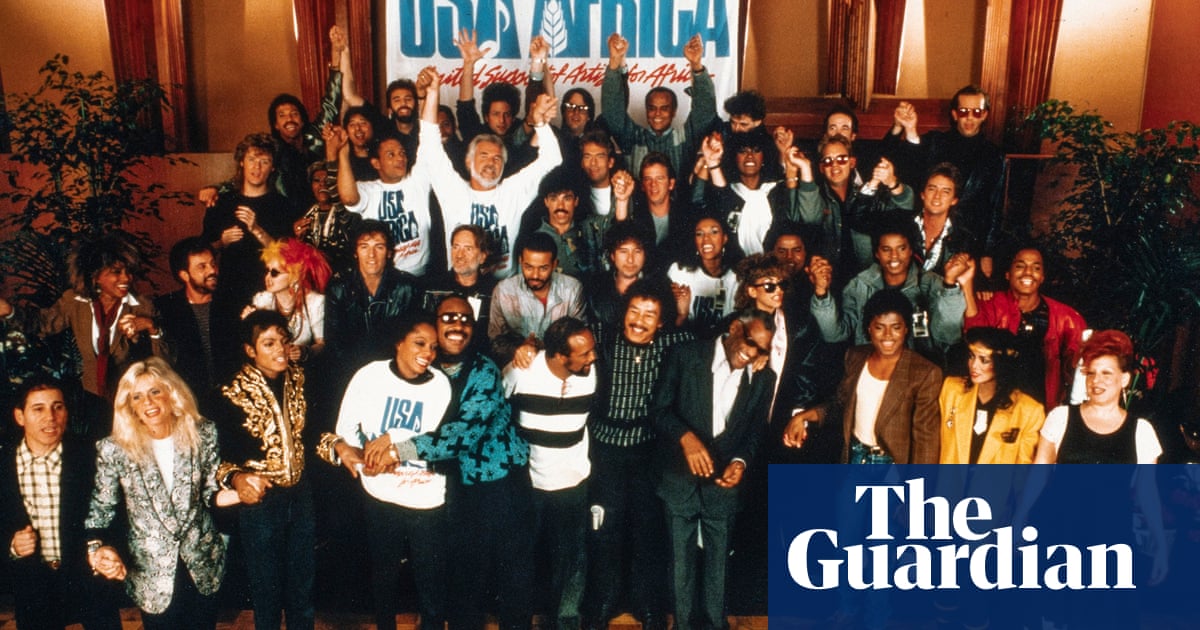
t was 1977 and my boyfriend and I were working as journalists in New York. I was 23 and Richard Neville, who later became my husband, was 33. Richard, who had already achieved notoriety in the UK with his anti-establishment Oz magazine, was offered a contract to write a book about Charles Sobhraj, a young French Vietnamese man who had just been arrested for murder after an international manhunt. Forever enterprising, the first thing Sobhraj had done after his arrest was sell the rights to his life story to a Bangkok businessman, who sold them on to Random House, who asked Richard to immediately get to Delhi. The case would become a sensation, involving trickery, drugs, gems, gun running, corruption, dramatic prison escapes and a glamorous female accomplice who was photographed wearing big sunglasses and holding a fluffy dog. “Death Stalks the Hippy trail!” read one headline.
It was our connection with the so called hippy trail that had landed Richard the contract; the fact that crime reporting, and indeed the world of crime, was alien to us had seemed of no consequence. We bundled ourselves off to Delhi and landed ourselves in a moral quagmire.
In our hotel room we met with scarfaced crims bringing messages from Sobhraj in Tihar prison. Richard speedily learned the arts of bribery and corruption and arranged regular access to interview him. The first time we met Sobhraj he was chained to a guard and shackled, but he welcomed us graciously. (Did we really have to shake hands with him? Those hands had snapped necks.) And so began our immersion in his psychopathic world.
In private, we called ourselves “Bungles and Mishap, News Sleuths”. We needed our little jokes because actually we were a long way out of our depth. Sobhraj was now in full flow, describing each murder in detail. It was a bizarre situation. We were both having nightmares that Sobhraj was chasing us, or suddenly appearing in our room. It didn’t help that Sobhraj’s creepy emissaries would arrive at all hours with handwritten missives. One night a drill bit appeared through the wooden door of our room. Not subtle, but clearly we were under surveillance.
When we flew out of Delhi I had never felt so relieved. We then continued our all-consuming research into the murders. Our friends thought we had gone nuts. They were working on serious matters: politics, saving the world. I felt a little ashamed of our obsession with a crime story, but we had to keep going and we had to get it right. Finally we did. Richard died four years ago and it’s now been more than 40 years since Bungles and Mishap, two amusingly naive youngsters, got to write a classic true crime book, about which in retrospect, I now feel enormous pride.












